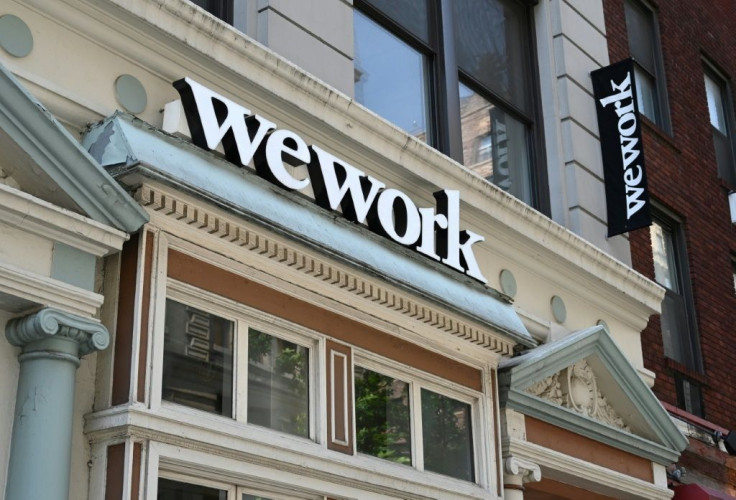WeWork CEO Adam Neumann Steps Down, Former Amazon Exec Takes Over

Adam Neumann, the embattled CEO of WeWork announced that he is stepping down. The move on Tuesday followed the main investor SoftBank’s unhappiness over the startup’s governance issues.
The Japanese investor was miffed with the CEO’s style, governance standards and other matters including the exorbitant valuation.
The parent We company had to defer the IPO recently on valuation issues.
“While our business has never been stronger, in recent weeks, the scrutiny directed toward me has become a significant distraction, and I have decided that it is in the best interest of the company to step down as chief executive,” Neumann said in a statement.
Under the reshuffle, Neumann became the non-executive chairman and two Co CEOs have been appointed.
Vice-Chairman Sebastian Gunningham, a former Amazon exec, and CFO Artie Minson are the new co-CEOs.
Although the company reiterated that the WeWork IPO will be launched in a few months insiders quoted by CNBC said an IPO looks unlikely this year.
Neumann’s voting power chopped
Neumann also faced a setback after his voting shares were reduced from 10:1 to 3:1, according to a source quoted by the CNBC.
The step snaps Neumann’s majority voting control and scraps the iron grip on the company.
Neumann is the largest individual stakeholder and holds 115 million shares. The ownership structure had vested his tremendous control over the company.
According to reports, SoftBank chairman Masayoshi Son, who invested billions of dollars in WeWork pushed the move to oust Neumann.
Meanwhile, media reports said WeWork is planning cost-cutting measures that may include downsizing as well.
WeWork executives met with bankers to discuss cost reduction measures including possible layoffs of one-third of workers. The pitch also includes closing ancillary businesses including a private grade school and computer programming school.
Competitors growing well
While WeWork is battling leadership issues, its competitors including Regus (IWG) are registering decent growth.
Regus share price on the London Stock Exchange doubled in 2019.
Smaller competitors like Spaces office, Industrious, and Convene have expanded their niches.
Knotel based in New York is another success story. The company, founded by tech entrepreneur Amol Sarva has tweaked the flexible office model and targets cash-rich corporations.
Unlike startups that populate WeWork space, Knotel seeks corporations to which offers the entire office space on a sublease.
But Knotel limits lease duration. It is just six months to five years maximum. Its clientele includes Starbucks, Microsoft, AT&T, and Oracle.
Knotel takes space from landlords and then designs, builds, and manages it on behalf of the companies occupying it.
© Copyright IBTimes 2024. All rights reserved.




















